No, in general it's impossible to turn a 24 bit number into a 40 bit number. Such a conversion would imply that you add 16 bits of extra information to the 24 bit value. This extra information won't just magically appear out of nowhere.
In your case, the numbers are
- 24 bit format: 0005966009dec =
5B08B9hex
- 8+16 bit format: 091dec & 02233dec =
5Bhex & 08B9hex
- 40 bit format: 455272499385dec =
6A005B08B9hex
Thus, all three numbers contain 24 common bits (5B08B9hex). The 40 bit number has an additional prefix value of 6A00hex.
Since you did not reveal what RFID system and what tags you are using (other than that they are operating on 125 khz), it's impossible to tell if that prefix is some standard prefix that is the same for all tags or if that prefix changes for every tag (or every manufacturer, customer, etc.)
If the prefix is the same for all your tags, you could easily use the value 6A00hex as the upper 16 bits of each tag serial number. However, if the prefix may be different for different tags, then there is no other way than to get a reader that reads that full 40 bit serial number.
Nevertheless, if all your readers only read the 24 bit value, I don't see why you would even want to use the whole 40 bit value. Even if you already have a database that contains the whole 40 bit value, you could easily trim that value to a 24 bit value (as long as the lower 24 bits are (sufficiently) unique across all your tags).
